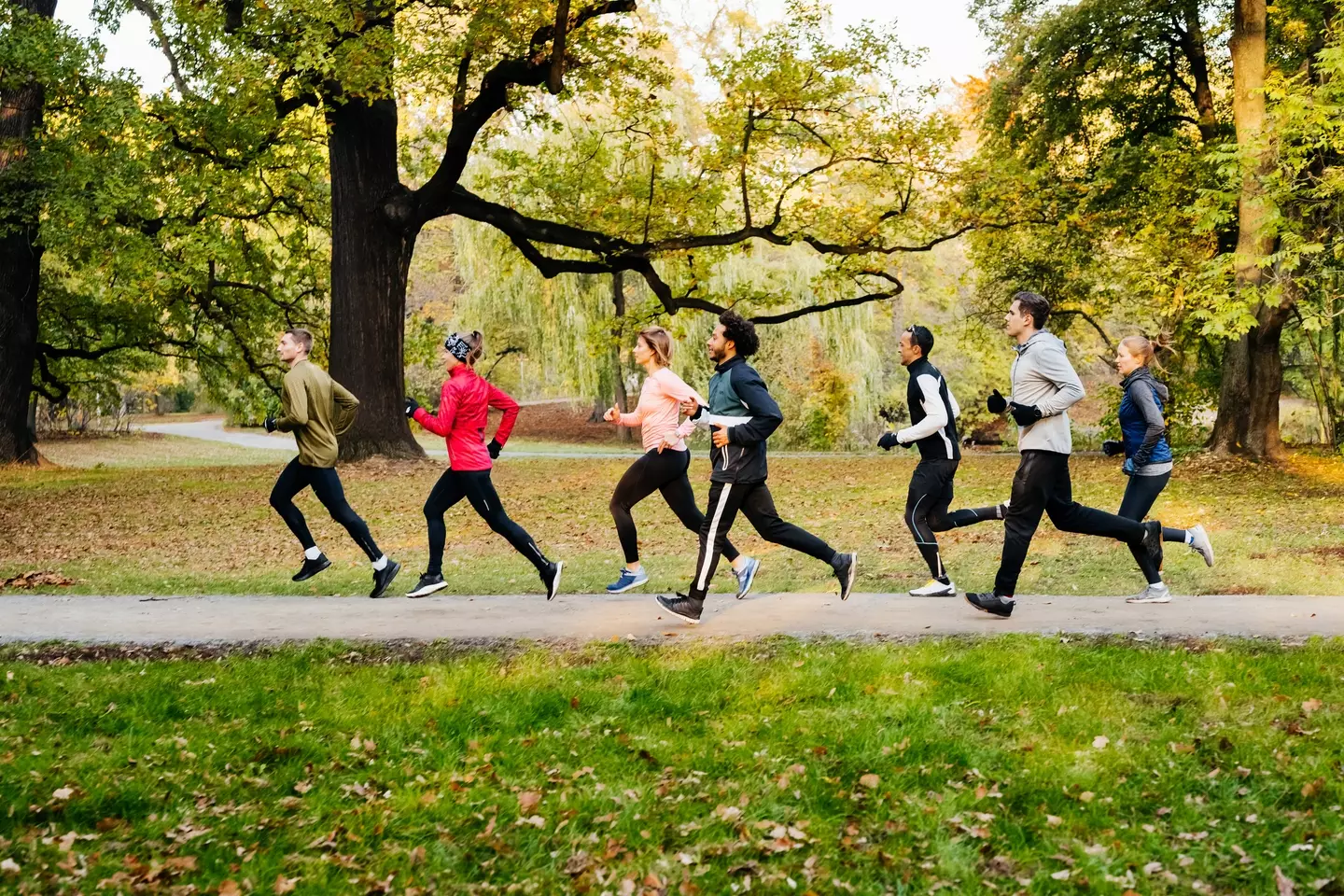A straightforward fitness assessment, taking only one minute to complete, might offer insights into your potential lifespan.
Maintaining a healthy lifestyle is vital for prolonging life, which includes keeping fit, eating a balanced diet, and engaging in regular physical activity.
Named the 1MSTS, this test requires only 60 seconds and is designed to evaluate your exercise capacity.
The test is simple and only necessitates a chair. It involves counting how many times you can sit down and stand up within one minute.
Pulmonologist and respiratory medicine consultant Dr Ricardo José explained to Metro: “Broadly speaking, healthy adults under 40 years old complete at least 40 stands in one minute.”

“Performance declines with age, with around 30 to 40 stands for middle-aged adults and 20 to 30 stands for those over 70.”
To perform the test, here are the steps you need to follow:

The Primary Care Respiratory Society advises against taking the test if you have a health condition that contraindicates such exercise, or if you are feeling unwell, dizzy, light-headed, or nauseous.
Avoid the test if you have an infection, joint or muscle pain, or if you have consumed drugs or alcohol.
It should not be conducted in extreme temperatures or if you’re feeling unusually tired.
The test should be stopped if you feel unwell, experience chest pain, dizziness, or breathlessness.
If you’re interested in evaluating your fitness levels, a Swiss study published in the International Journal of Public Health found that the median number of repetitions was 50 per minute in young men and 47 per minute in young women aged 20 to 24 years.
Conversely, the count decreased to 30 per minute among older men and 27 per minute among older women aged 75 to 79 years.
Research published in the European Journal of Preventive Cardiology discovered a correlation between test performance and lifespan.

Researchers from the Exercise Medicine Clinic in Rio de Janeiro studied over 4,000 adults, mostly men, aged 46 to 75.
Participants received a perfect score if they could sit and stand without assistance but had points deducted for using body parts for support.
More than a decade later, most of those with perfect scores remained alive, compared to 90 percent of those who lost two points and just under half of those with lower scores.
Among heart disease patients, lower scores were linked to higher mortality.
Though the study didn’t conclusively tie a perfect score to longer life, lead author Dr Claudio Gil Araújo noted ‘it is quite reasonable to expect this’.
Consultant geriatrician Jugdeep Dhesi told BBC Future: “What you can use them [the sit-to-stand test results] to say is – this is something we need to think about, and there are treatments or interventions that we should be doing to try to improve a person’s health outcomes, their quality of life, their independence and to help them to live well for longer, which is the really key bit.
“Doing these kinds of tests at home helps you to see where you are in relation to other people of your age and so it can be a really useful prompt to remind you to do all the things that you can do to get better and stay better. So, I think it’s a really good way of empowering people to take control of their own health.”

